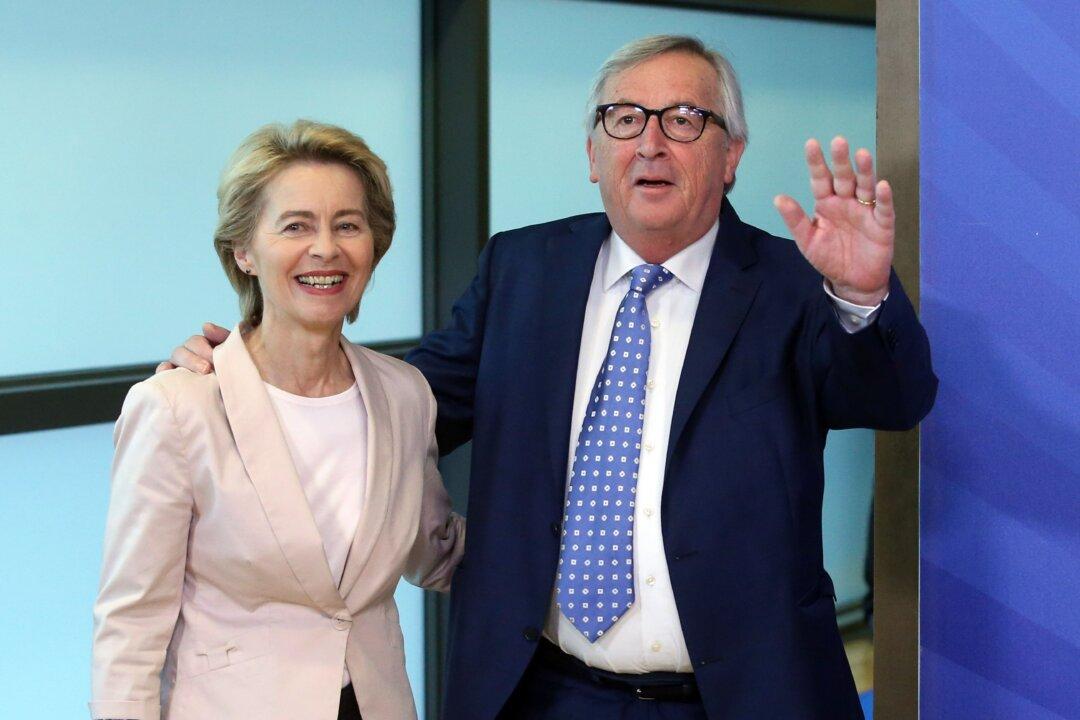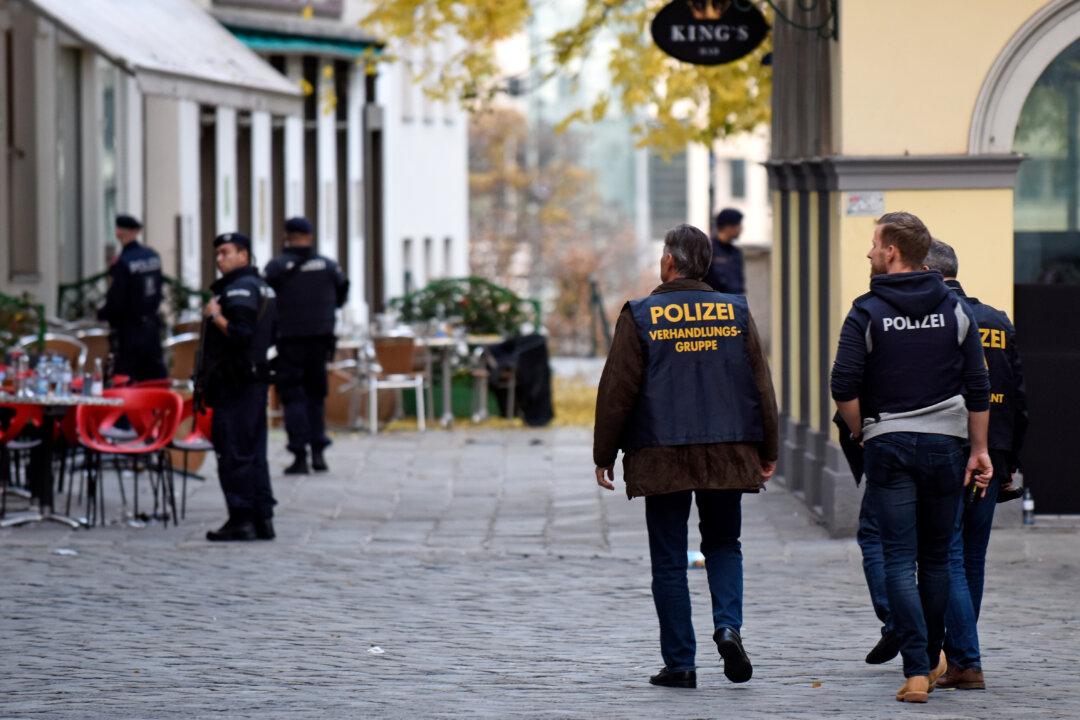BRUSSELS—The European Union could be poised to adopt a tougher stance toward China with the expected appointment of Germany’s defense minister as the next boss of the bloc’s executive arm.
Ursula von der Leyen has been highly critical of Beijing’s record on human rights and personal freedom and has accused the Chinese regime of carrying out economic cyber-attacks in Western countries.




